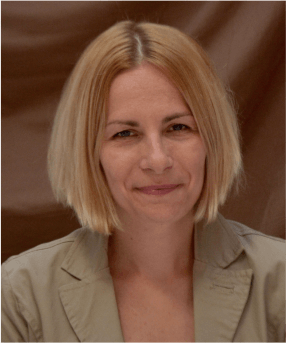- Homepage
- Programme
- Registration
- Practical Guide
- About Neuronus
Nencki Institute of Experimental Biology of Polish Academy of Sciences, Poland

Astrocytes play an essential role in the maintenance of brain homeostasis. Virtually all neurological disorders are related to astrocyte dysfunctions. Remarkably, astrocytes have changed profoundly during the evolution of the mammalian brain. Human brains feature at least four morphotypes of astrocytes, while only one is present in the mouse brain. Furthermore, the evolution of primate astrocytes led to an enhanced complexity of protoplasmic astrocyte arborization. Recent transcriptomic comparisons of human, chimpanzee, and macaque cortical cells suggest that astrocytes might have evolved faster than neuronal cells. Molecular bases, as well as the functional significance of these changes, remain vastly unexplored. We used induced pluripotent stem cells to obtain human, chimpanzee, and macaque astrocytes in vitro. In my presentation, I will summarize our data highlighting the functional classes of genes significantly deregulated in human astrocytes compared to chimpanzees and macaque cells. I will discuss the relevance of these loci to human diseases. I will outline the gene and transcriptional regulatory network changes accompanying astrocyte evolution and give numerous examples of how human-specific enhancer elements might account for the differences in gene expression levels in cells of our species. I will discuss the epigenetic signature of promoter elements in astrocyte evolution. Our data will help better understand astrocytes' implications in brain evolution and shed new light on the link between human-specific gene expression and neurological disorders.